Years before playing famous characters such as Fred Rogers and Walt Disney, Tom Hanks won an Academy Award for his portrayal of Forrest Gump. With that, phrases such as "stupid is as stupid does" and "life is like a box of chocolates" were born.
Hanks hasn't lost his acting prowess, as he turned in another performance worthy of an award as Mr. Rogers in A Beautiful Day in the Neighborhood this year. On some levels, the film even surpasses that of Forrest Gump, which won Best Picture for 1994.
Here are five ways in which Neighborhood is the superior movie and five areas in which Forrest Gump remains unsurpassable.
10 Neighborhood: Lloyd as the central character
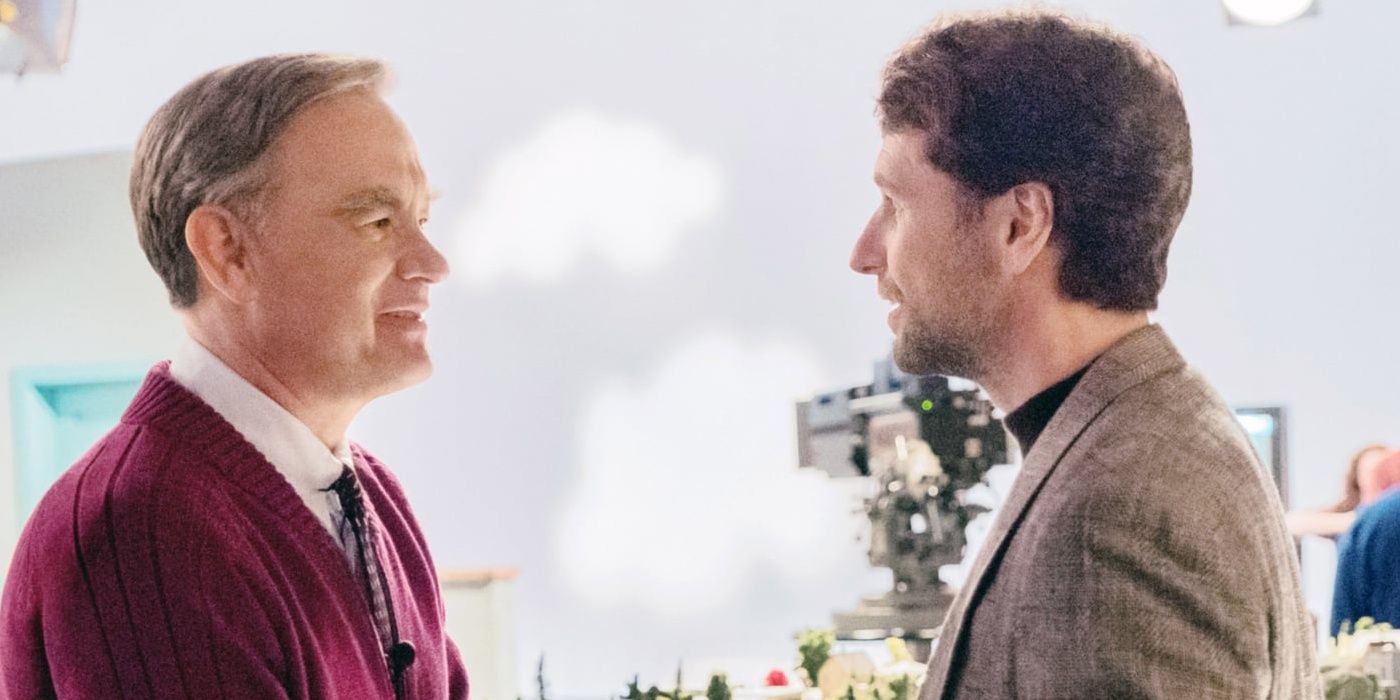
Where Neighborhood succeeds is where other recent biopics fail. Neighborhood is a biopic without actually being a biopic because Mr. Rogers is a secondary character.
The film focuses mostly on Lloyd, an Esquire journalist who's so cynical that he turns an assignment to write a puffy 400 words on the children's show star into a search for the "truth" or uglier past of Mr. Rogers. Through his interviews with Mr. Rogers, Lloyd learns, though, that forgiveness and kindness are the paths to true happiness.
Showing Mr. Rogers' impact on Lloyd's life made Neighborhood a more powerful film than had it just been a simple biopic into Rogers' whole life.
9 Forrest Gump: Tom Hanks' Oscar-Winning Performance
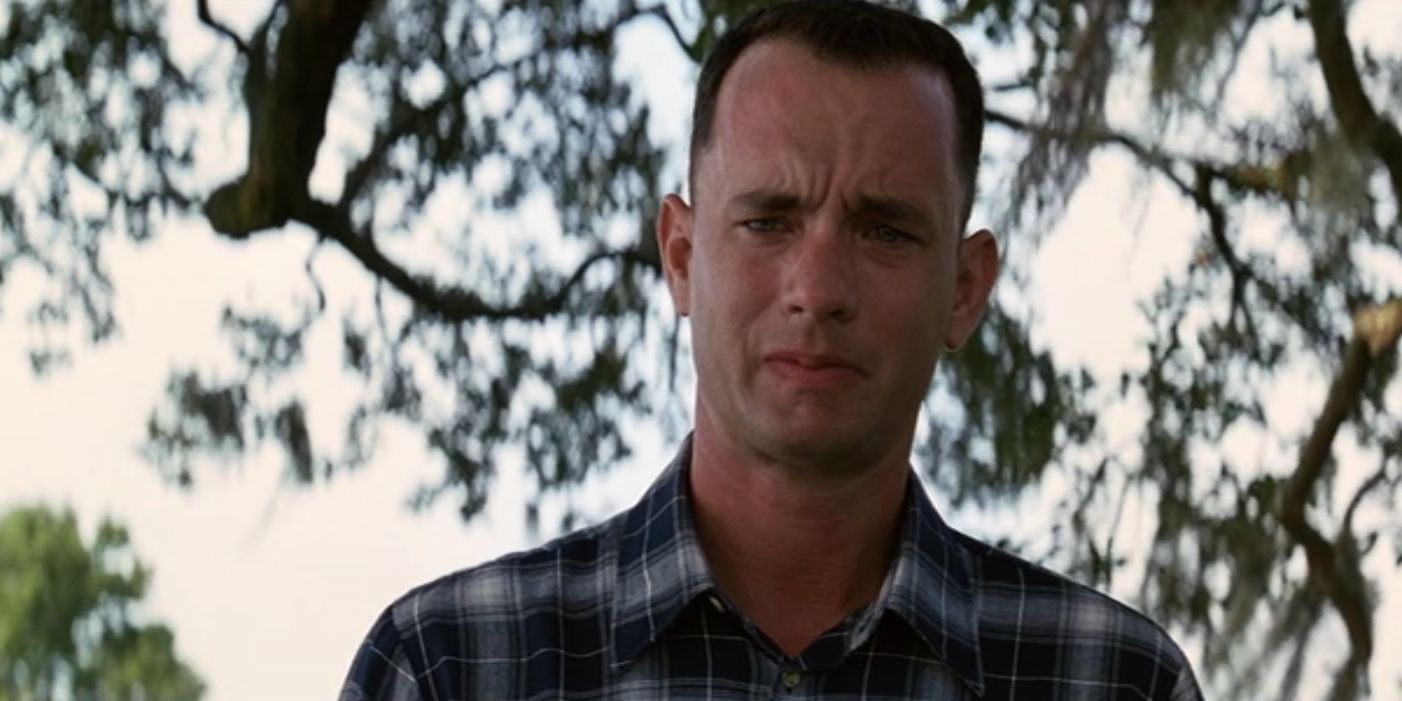
Hanks is terrific as Mr. Rogers but isn't featured as much because of his secondary role. Hanks fans get all they want of him in Forrest Gump, and he turns in perhaps the best performance of his career, which has been filled with wonderful acting.
The challenges Gump meets in his life are unique to him and yet relatable to audiences everywhere in large part because of Hanks' portrayal. He's one of the most lovable characters in film history too.
8 Neighborhood: Mr. Rogers True Kindness
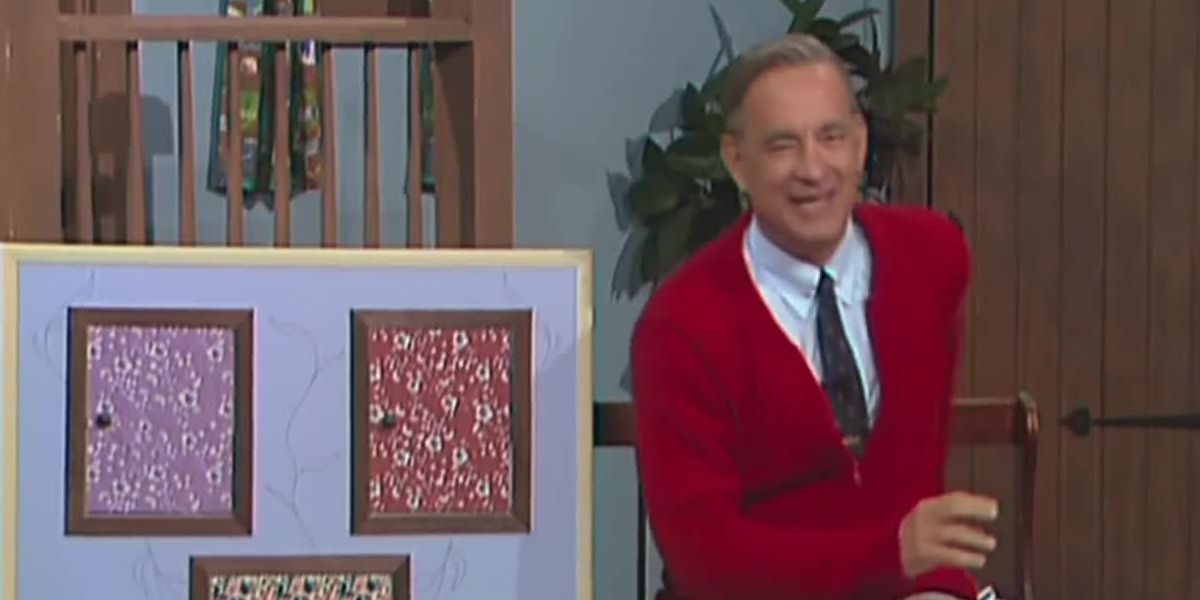
There are many layers to Forrest Gump, which comes across as both a strength and a weakness. Neighborhood has the simple message that kindness can go a long way.
Lloyd takes the necessary steps in his life to be more kind to his wife, co-workers, and family, and it leads him to a better life. It also allows him to rekindle his relationship with his father, who left his mother when he was a child. Without Rogers demonstrating true kindness and teaching Lloyd how to deal with his emotions, Lloyd's father would have passed away without the two reconciling.
7 Forrest Gump: Supporting cast
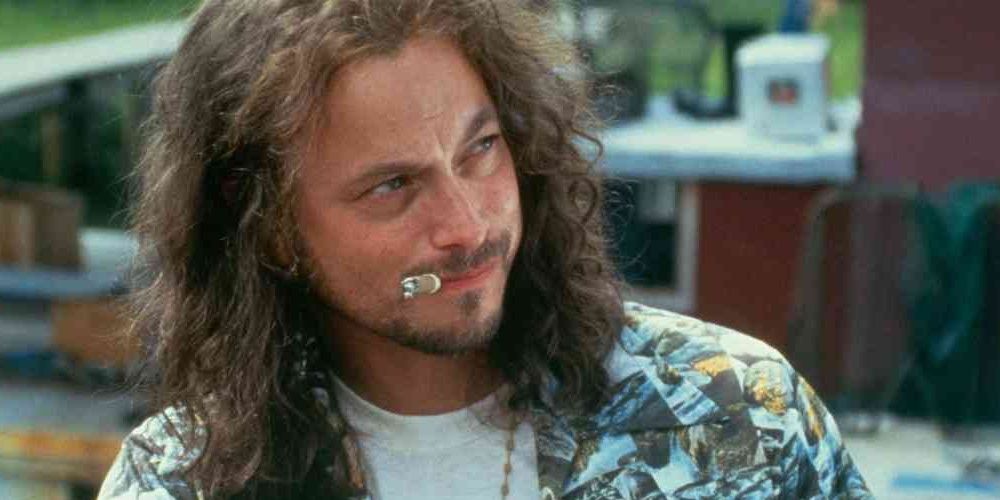
Matthew Rhys as Lloyd and Chris Cooper as Lloyd's father, Jerry, were great, but the supporting cast behind Hanks is a little bit better in Forrest Gump because of Gary Sinise as Lieutenant Dan and Sally Fields as Mrs. Gump.
The insertion of Lieutenant Dan is key to the meaning of Forrest Gump. He grows up believing it's his destiny to die serving his country. Because of his heroics, Forrest robs him of that "destiny," but Dan finds inner peace elsewhere in his life with his second chance.
Sinise's portrayal of the resentful lieutenant is great, and there wasn't a more perfect choice for Forrest's mother than Fields.
6 Neighborhood: Heart-warming ending
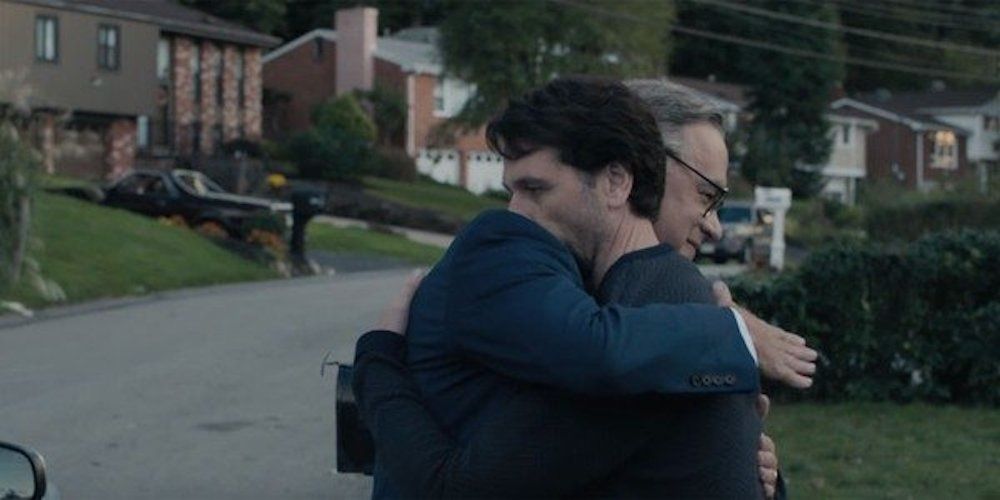
While Jerry dies at the end of the film, the fact he was able to make up with his son and spend time with Lloyd before his death leaves the audience with a heart-warming ending.
Thanks to Mr. Rogers, Lloyd is a changed man. Like Lieutenant Dan, he is no longer resentful of his past and looks forward to the future. Lloyd began the film as a workaholic, but in the end, he takes off work to spend time with his family, and he begins placing the needs of his wife and son over his own.
5 Forrest Gump: Adversity Story Wrapped into Destiny versus Free Will Debate

At its core, Forrest Gump is the story of a mentally challenged person overcoming his flaws to become a great human being. He never lets his disadvantages be an excuse, and in many ways, he's the smartest character of the film, as he teaches so many of the characters around him the true meaning of life and love.
However, that's just one way to view the film. One could also argue, like the feather at the beginning and end of the film, Forrest is simply just floating through history, and his story is irrelevant. Although a fictional character, Forrest finds himself at the heart of several major historical events throughout the second half of the 20th century.
Inserting him as a fictional character into historical events suggests that had he been there or not, the event was going to happen. From that meaning, one could conclude maybe life isn't like a box of chocolates after all. Still, the double meanings allow for a fan debate, which is not a bad thing.
4 Neighborhood: Nostalgic for Childhood
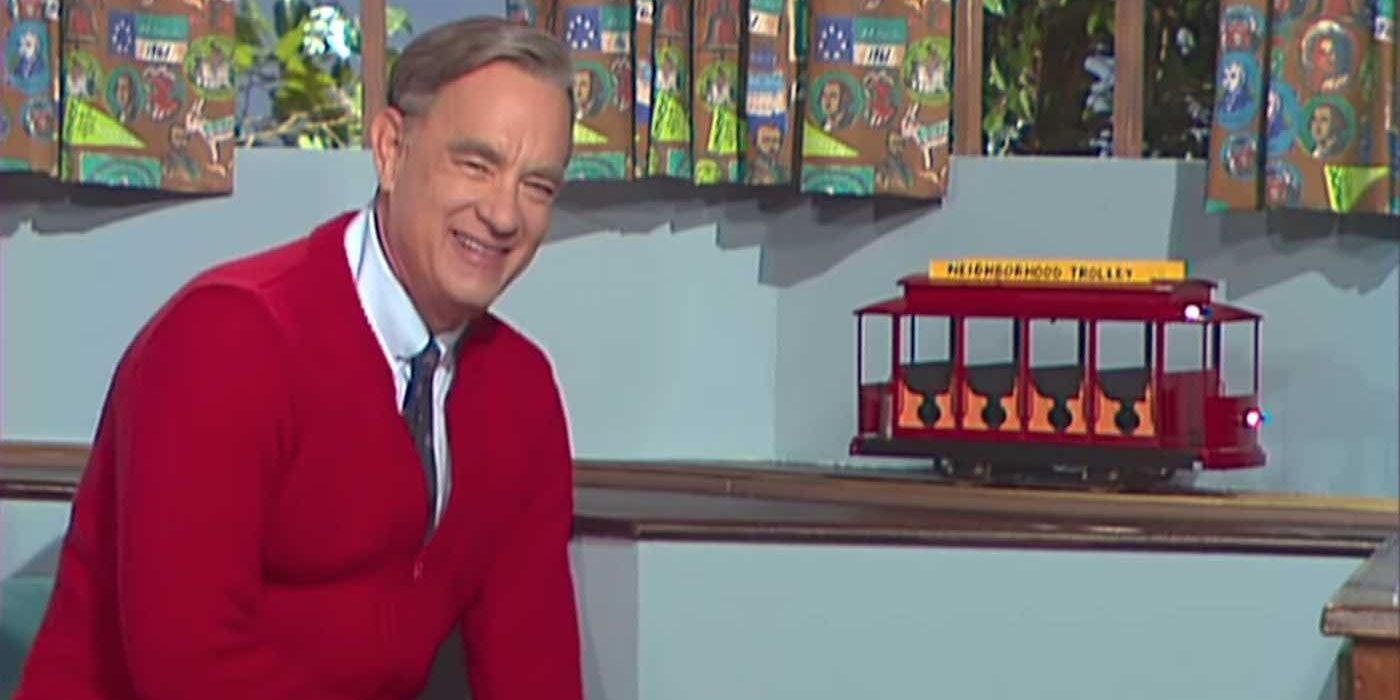
One might have to be of a certain age for this positive aspect of Neighborhood, but the film will invoke a very strong feeling of nostalgia for kids that grew up watching Mr. Rogers. His heart and kindness touched so many Americans during their youth, and to be reminded of those wonderful memories will make those viewers' hearts melt during the film.
From the show's style to Mr. McFeely and the Neighborhood of Make-Believe, the movie shows so many of the great parts of the former children's show too.
3 Forrest Gump: Nostalgic for Historic Events
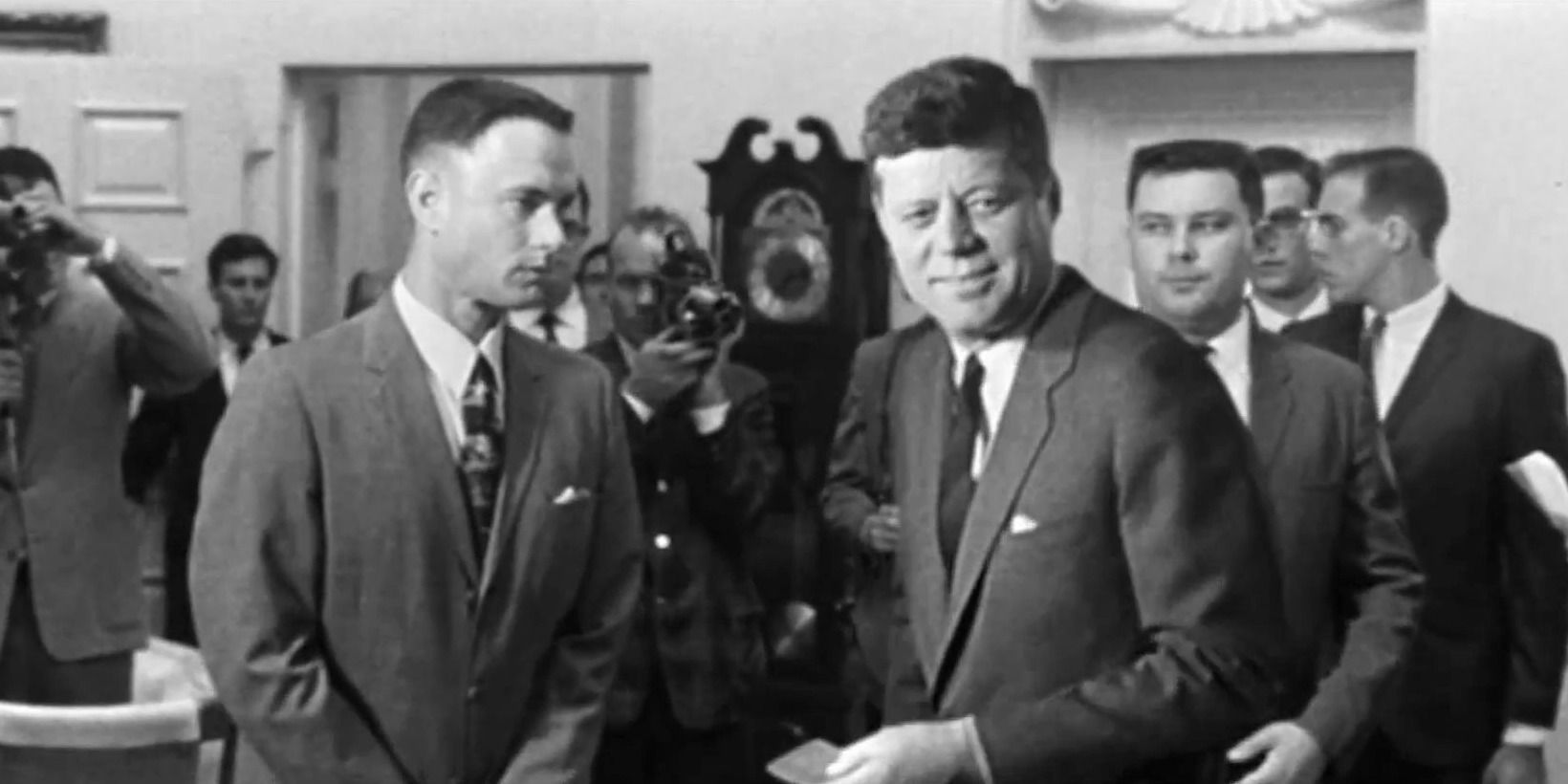
Forrest Gump uses nostalgia as well. As previously mentioned, the film inserts Forrest into many historical events such as next to George Wallace at the schoolhouse door and on the Dick Cavett Show with John Lennon.
The film also provides funny explanations with Forrest as the reason some of the most famous 20th-century events occurred. For example, Forrest teaches Elvis Presley how to dance and calls the police the night of the break-ins at the Watergate Hotel after President Nixon offered him a room.
Baby boomers love Forrest Gump just for the traceback through recent American history.
2 Neighborhood: Unique Direction
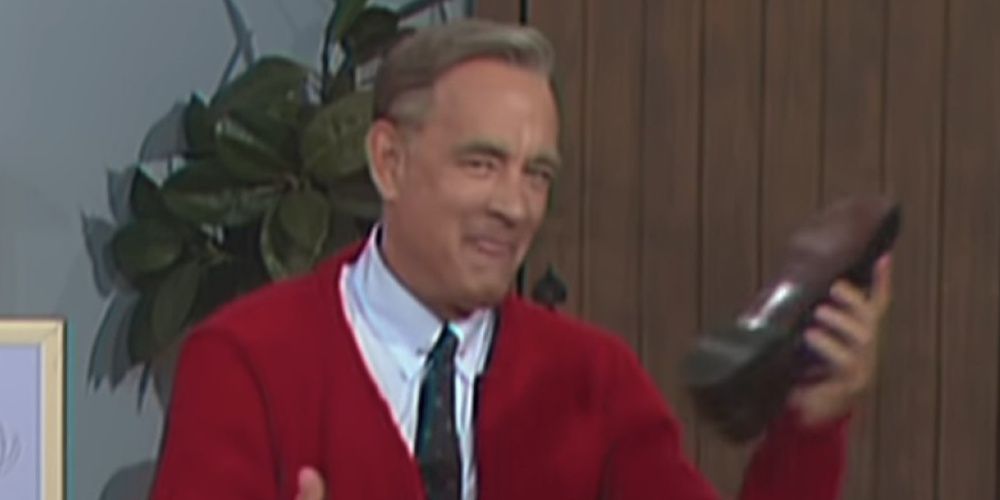
Marielle Heller's direction of Neighborhood is unlike anything from a previous movie, and really, it mirrors that of Mr. Rogers' show, especially the way in which it conveys travel. The first scene, which sets up the movie, is straight from the children's show as well with Hanks as Rogers talking straight into the camera at the audience.
Different isn't always good, but Heller's direction gives Neighborhood a uniqueness that works to invoke more feelings of nostalgia and helps convey the meaning of the film.
1 Forrest Gump: Social Satire
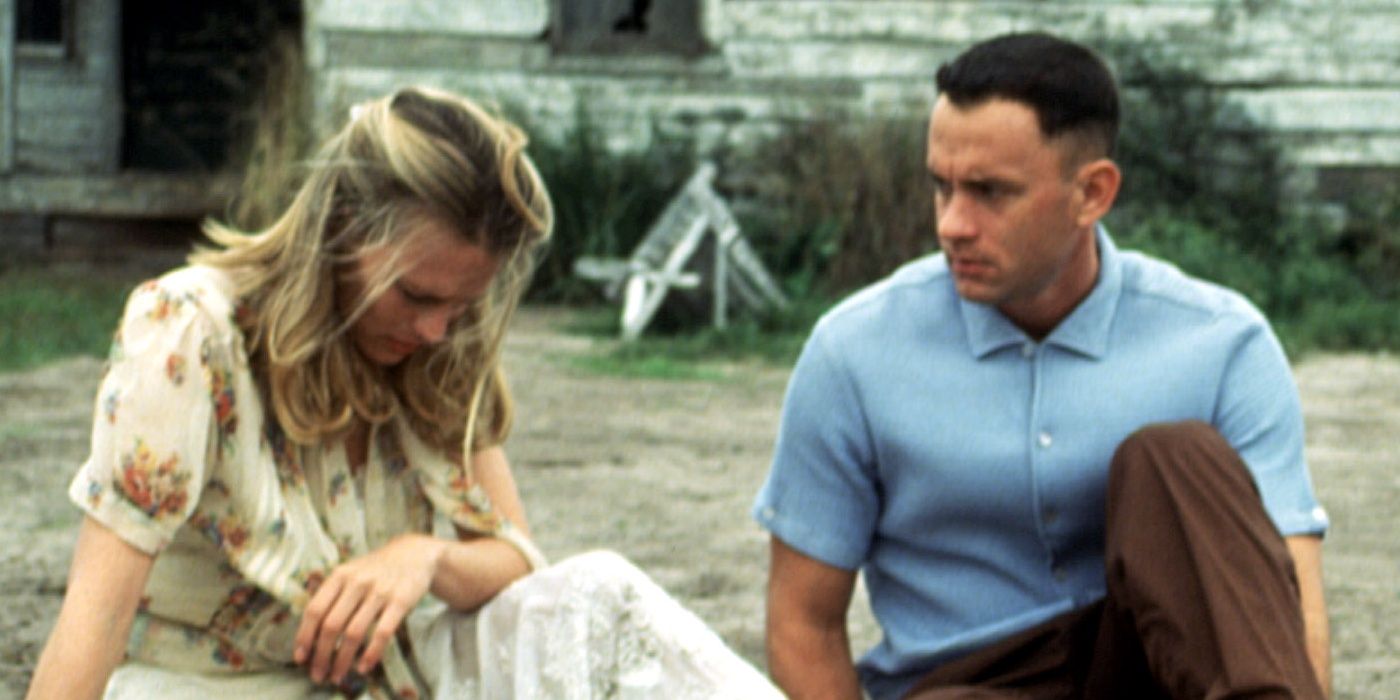
The film's ability to place Forrest into history leads to plenty of good laughs. There are already some good examples above, but there are plenty of others. Forrest also explains in his voiceovers that in Vietnam, he's looking for some guy named Charlie, and later in his life, he invests in some fruit company named Apple, Inc.
This causes the audience to laugh the same way in which a young kid may make a mistake with a fact like Forrest sometimes does. Forrest also helps create the catchphrases, "S**t happens" and "Have a nice day."
These little stories make the main character all the more lovable.
from ScreenRant - Feed https://ift.tt/2F1GL3T

0 comments:
Post a Comment